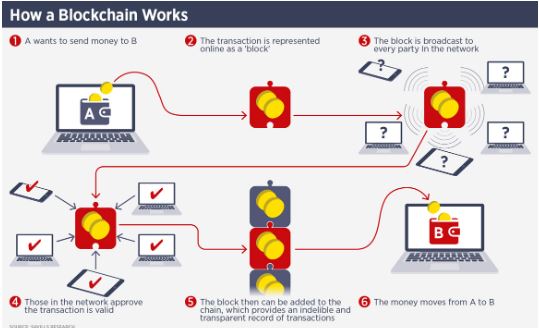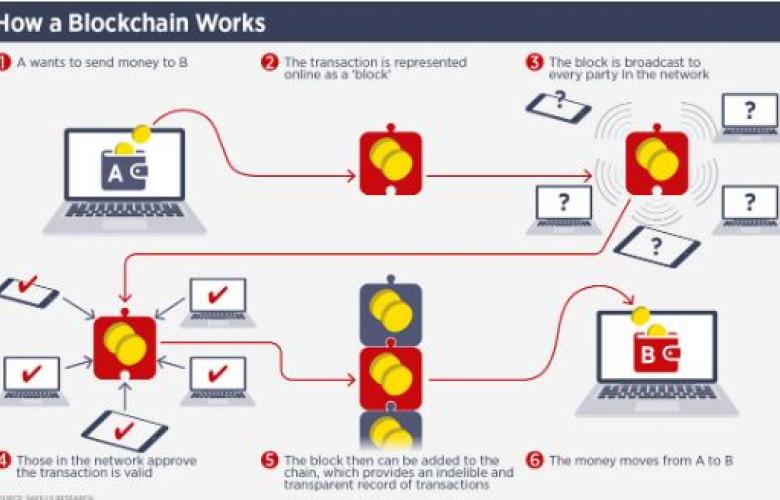Arranging real estate transactions through the use of Bitcoin has become a noteworthy trend in recent times, but Savills Vietnam warns that with the level of currency fluctuation, crypto-currencies at present, are too unstable to act as a viable store of value for investors.
In June, the Bank of International Settlements (BIS) said crypto-currencies would never be a practical alternative to mainstream currencies because they were too unstable, subject to too much manipulation and fraud and also that they are killing the planet – Bitcoin mining currently uses as much electricity as Switzerland.
Despite the uncertainties associated with Bitcoin and other crypto-currencies, Savills suggest the underlying blockchain technology may have a number of potential uses for real estate.
Blockchain allows information relating to a series of transactions to be distributed across a network of computers (known as nodes). Blockchain creates digital records that are shared, transparent, rapidly updatable and very difficult to hack.

Source: Savills Vietnam
A crucial element is that blockchain eliminates the need for a central authority to approve transactions and verify identities as the ledger for transactions is distributed over a network. Savills say this makes a transaction harder to falsify.
The benefits for real estate could be huge as title searches and transfers could be verified instantly. This will be particularly important in Asia’s developing markets, where security of title can prove difficult for investors. Incomplete, out-of-date land registry information
could become a thing of the past. Speaking about the advantages that blockchain technology could provide to Vietnam’s property market, Mr Matthew Powell, Director of Savills Hanoi believes it could “increase the efficiency of real estate transactions.”
“Property transactions are generally quite chunky, so traditionally it takes a lot of time, paperwork and fees to complete transactions. This creates liquidity and transparency issues in the real estate market. Blockchain has the potential to be a game changer. By digitalising transactions, time and costs are reduced whilst transparency and security increases. Although the application of blockchain is in early stages worldwide, I believe Vietnam has the potential to quickly follow this global trend, as the population is young and eager to embrace new technology whilst policymakers are aggressive and forward-thinking.”
However, at present using the technology in this way subjects investors to the vagaries of the crypto-currency market. And this is before regulators in Asia Pacific get to grips with cyber-currencies; the attitude of the BIS demonstrates that blockchain transactions will remain on the fringes for the time being.
For more information about the use of blockchain technology in real estate, phone or email Matthew Powell, Director at Savills Hanoi, via the contact details listed below.
Source: Savills Vietnam
Similar to this:
Keller Williams opens franchise in Cambodia
Kuala Lumpur's PNB118 development set to transform the city
Singapore leads outbound APAC investment - CBRE











